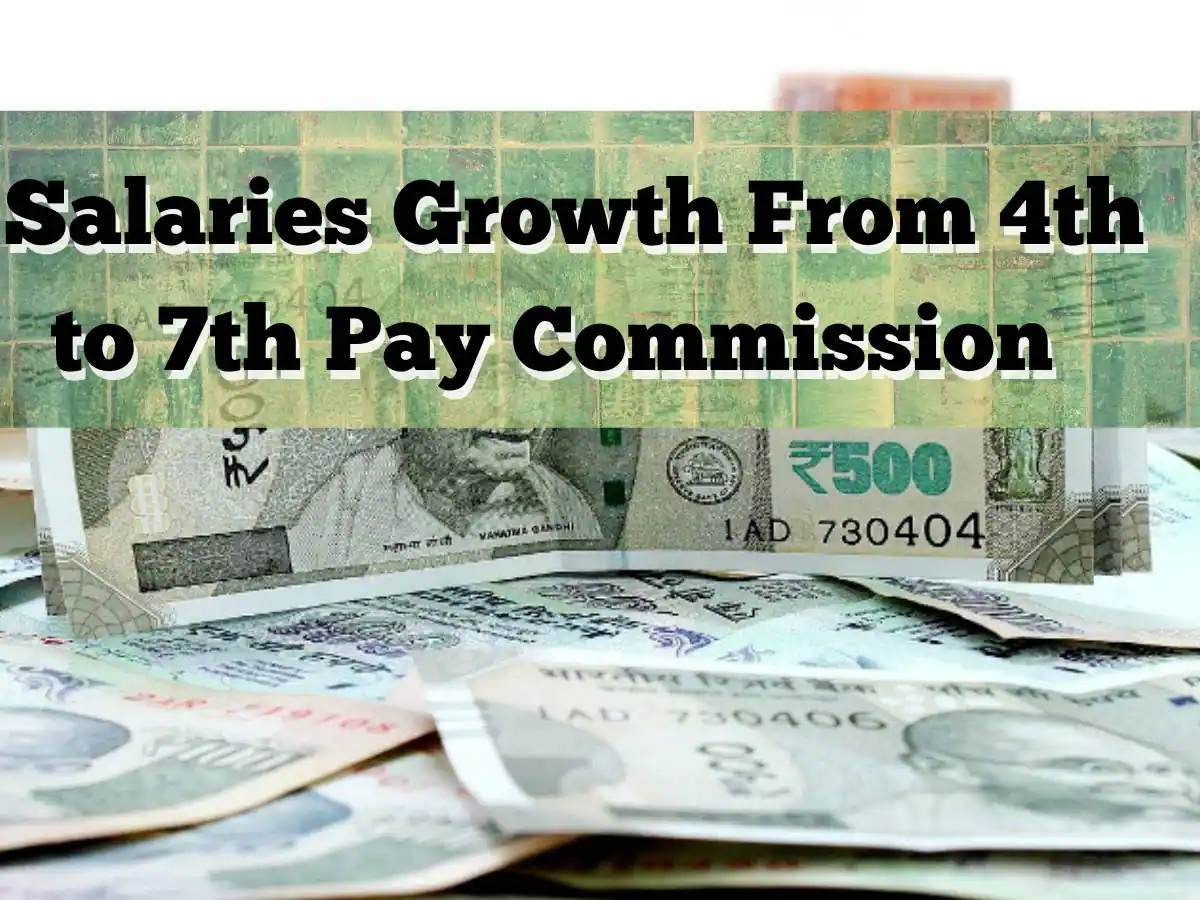
Over the years, the Indian government has periodically reviewed the salaries of its central government employees to ensure they remain competitive and aligned with the rising cost of living. These reviews are conducted through pay commissions, which are tasked with revising pay scales, allowances, and other benefits for government workers. The most recent such commission, the 7th Pay Commission, was implemented in 2016 and marked a significant shift in salary structures. Before this, the 4th Pay Commission in 1986 had set the minimum basic pay at Rs 750, which later increased to Rs 18,000 under the 7th Pay Commission. This increase was crucial for keeping salaries in line with inflation, as well as for providing additional allowances like dearness allowance (DA). The changes were not just numerical; they reflected a broader effort to support the financial stability of government employees amid economic fluctuations.
Evolution of Pay Scales Over Time
Each pay commission has brought a new level of complexity and adjustment to the salary structure of central government employees. The 4th Pay Commission, for instance, set the maximum basic pay at Rs 9,000, which was later raised to Rs 2,50,000 under the 7th Pay Commission. This marked a substantial increase, especially when considering the inflationary pressures over the decades. The 8th Pay Commission, currently under consideration, is expected to introduce further adjustments, potentially pushing the maximum basic salary beyond Rs 6,00,000. These revisions are not just about numbers—they represent a strategic approach to maintaining the purchasing power of government employees, ensuring they can meet their daily expenses and plan for the future. The process involves a careful balance between fiscal responsibility and employee welfare, highlighting the government’s commitment to fair compensation.
Impact of Pay Commissions on Employees’ Lives
The implications of these pay commission decisions extend beyond just salary figures. For central government employees, the changes can significantly affect their quality of life, financial planning, and overall job satisfaction. The introduction of dearness allowance and other benefits helps mitigate the impact of inflation, allowing employees to maintain their standard of living even as prices rise. Moreover, the periodic reviews ensure that the salary structure remains dynamic, adapting to the changing economic environment. This adaptability is crucial for retaining talent and ensuring that government services remain efficient and effective. The process also encourages a sense of fairness and transparency, as employees can see their salaries being adjusted based on objective economic indicators. These factors collectively contribute to a more stable and motivated workforce.
Understanding the history and evolution of pay commissions is essential for anyone seeking to grasp the current salary structure of central government employees. From the 4th to the 7th Pay Commission, each review has played a role in shaping the present-day pay scales. The 8th Pay Commission is expected to continue this trend, introducing further adjustments that will be critical for maintaining the financial health of government employees. As the government continues to navigate economic challenges, these commissions will remain a vital mechanism for ensuring fair compensation and employee welfare. The process is a testament to the government’s commitment to balancing fiscal responsibility with the needs of its workforce, ensuring that salaries remain competitive and aligned with the realities of modern economic life.




